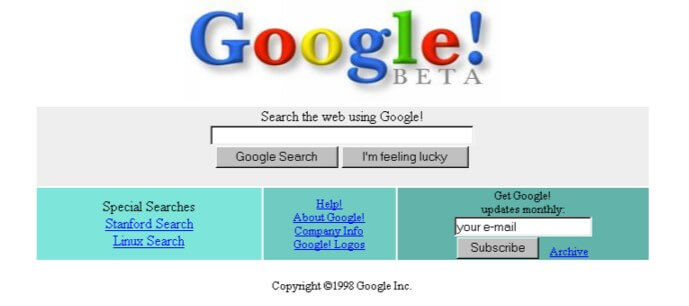ensuring a seamless user experience between mobile, desktop and tablet (cross-device = hot)
provides a cleaner web page (= best practice)
the removal [potentially] creates more revenue for Google through more expensive clicks while simultaneously adding more room for things like Shopping, which is extremely profitable for both advertisers and Google
a few other conspiracy theories
But I love Landing Page Optimization and an enjoyable internet experience in general, so I’m going to bring my bias into this and argue this might be more about the huge trend that’s been changing website content in recent years, and something we’ve
all been discussing [mostly in terms of SEO]: the idea of creating a better user experience & providing actual value rather than trying to game the system to drive traffic and desired actions through manipulation.

We often don’t think about it like this, but the SERP is Google’s top landing page, and they’ve done some tidying up with this update. This is something Google has been suggesting webmasters do for years; create a better experience for your users. Until now, they’ve not been practicing what they’ve been preaching – but that’s all changed now.

We all know that cluttered web pages lead to poor engagement and high bounce rates, and the same is surely true for the Google SERP. Additionally, landing page optimization is all about
message match and providing the user exactly what they’re searching for, which wasn’t always happening with the plethora of ads that Google would previously display. By providing searchers with a combination of organic and paid ads, Google was providing value through the organic listings but also being a bit intrusive by surrounding the organic listings with ads. The ads didn’t seem “organic” – pun intended.
By removing the right-side ads, Google is now able to create a SERP that has less ad space and the ads that are present are (or should be) of greater value to the searcher. Coming from a landing page experience, these ads will blend in with the organic listings while simultaneously creating a seamless experience between devices.
WHAT DOES THIS MEAN FOR ADVERTISERS?
It means the same thing as it means for SEO. In order to get listed and remain profitable, we’re going to have to add value and stop the nonsense.
This shouldn’t worry anybody. Advertisers who are in the top placements are there because either (a) they are profitable in these positions and can afford to be (which means they likely have something valuable to offer) or (b) Google feels the ad and landing page are extremely relevant and provides the space for cheap. Neither of the aforementioned advertisers should be immediately affected by this change because they’re already providing value to searchers, and Google is already rewarding them with the top ad placements.
The only people who should be worried about this are people who don’t have the best solution for the keyword and issue at hand. These advertisers are hanging out on the side of the page, hoping for cheaper clicks with their fingers crossed. These advertisers are only ‘wishing’ for their ad to get clicked (Quality Scores dropping by the impression). It can be assumed the asset at hand is not ideal either, which means that conversion rates are likely poor as well. That’s a lose/lose situation, and I question why anybody would desire that. Why not come up with a better strategy?
A BETTER STRATEGY
There’s a better strategy than going for cheap clicks and praying that your ad gets clicked. The answer is to create better content and add true value – solve a problem or provide such great information that prospects are willing to pay you for it with their contact information in exchange. Paid advertisers can’t just throw money at random keywords anymore just like SEOs can’t throw keywords into random articles anymore.
“Paid advertisers can’t just throw money at random keywords anymore just like SEOs can’t throw keywords into random articles anymore
By creating more relevant [or simply better] content you’ll be able to provide the searcher a better solution and thus prove to Google that you deserve to be in the top spot. Once Google recognizes your landing page is relevant to the targeted keywords and you match that with persuasive ad copy, you will be rewarded with higher Quality Scores which will result in higher ad positions and lower CPCs.
You will become an AdWords bully, leaving your competitors wondering how you can afford to advertise the way you do.]]>
 We often don’t think about it like this, but the SERP is Google’s top landing page, and they’ve done some tidying up with this update. This is something Google has been suggesting webmasters do for years; create a better experience for your users. Until now, they’ve not been practicing what they’ve been preaching – but that’s all changed now.
We often don’t think about it like this, but the SERP is Google’s top landing page, and they’ve done some tidying up with this update. This is something Google has been suggesting webmasters do for years; create a better experience for your users. Until now, they’ve not been practicing what they’ve been preaching – but that’s all changed now.
 We all know that cluttered web pages lead to poor engagement and high bounce rates, and the same is surely true for the Google SERP. Additionally, landing page optimization is all about message match and providing the user exactly what they’re searching for, which wasn’t always happening with the plethora of ads that Google would previously display. By providing searchers with a combination of organic and paid ads, Google was providing value through the organic listings but also being a bit intrusive by surrounding the organic listings with ads. The ads didn’t seem “organic” – pun intended.
By removing the right-side ads, Google is now able to create a SERP that has less ad space and the ads that are present are (or should be) of greater value to the searcher. Coming from a landing page experience, these ads will blend in with the organic listings while simultaneously creating a seamless experience between devices.
We all know that cluttered web pages lead to poor engagement and high bounce rates, and the same is surely true for the Google SERP. Additionally, landing page optimization is all about message match and providing the user exactly what they’re searching for, which wasn’t always happening with the plethora of ads that Google would previously display. By providing searchers with a combination of organic and paid ads, Google was providing value through the organic listings but also being a bit intrusive by surrounding the organic listings with ads. The ads didn’t seem “organic” – pun intended.
By removing the right-side ads, Google is now able to create a SERP that has less ad space and the ads that are present are (or should be) of greater value to the searcher. Coming from a landing page experience, these ads will blend in with the organic listings while simultaneously creating a seamless experience between devices.
